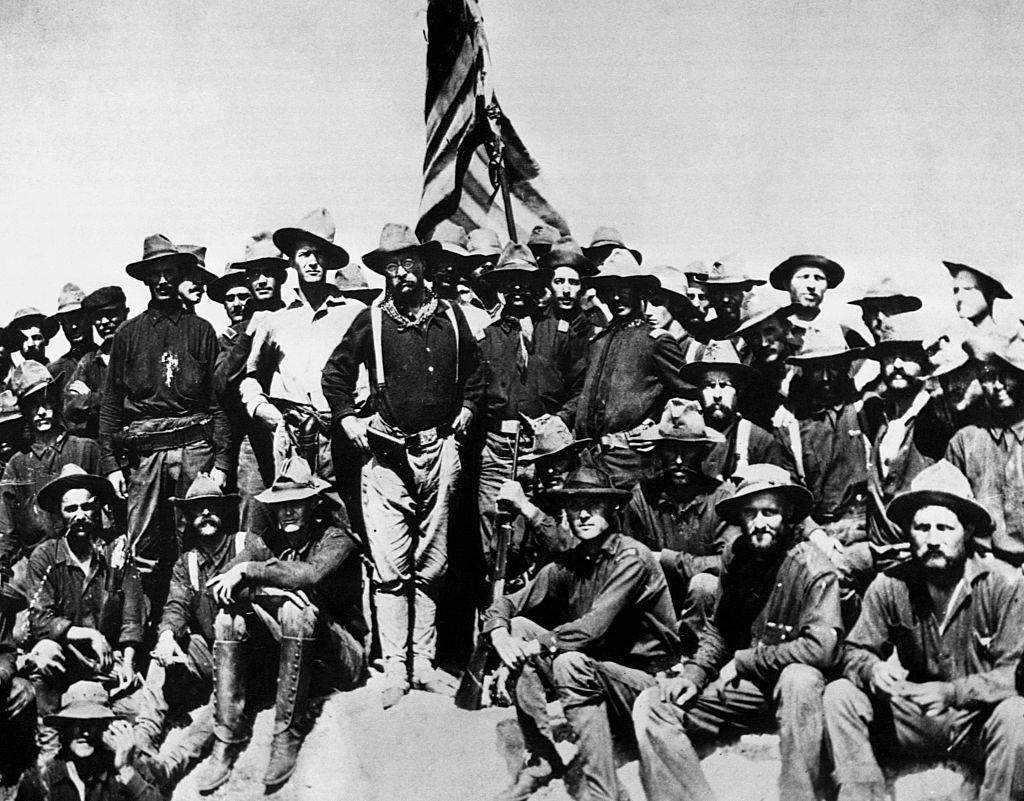
Wednesday, October 14
Yesterday, Emily watched a Zoom panel discussion, sponsored by the New York State Bar Association, on the subject of the “presidential transfer of power,” and I eavesdropped a bit. Just what will happen after the election? A zillion thorny issues are likely to arise thanks to our screwy system. What if there’s confusion over the result of a popular vote and a state sends two sets of electors to the electoral college? What if a state legislature (majority Republican maybe) and a state’s governor (a Democrat perhaps) disagree about the result?
Many of these questions are likely to arise where it matters most—in such swing states as Pennsylvania, Michigan, and Wisconsin, where Democratic governors and Republican-dominated legislatures are sure to clash. Both parties are almost certain to take their grievances to court—after shopping for venues they think will be most likely to favor their arguments. So one goes to state court, the other to federal court—and the whole matter can only be solved in the U.S. Supreme Court, where currently there is a four-to-four partisan split.
In Texas and Georgia, early voting has already begun, and there were places where lines of voters stretched for blocks, thanks to intense voter interest, complicated ballots, and, I believe, rampant suspicion that officials intend to suppress the vote. In one Atlanta suburb, there was an eight-hour wait to vote, according to the Associated Press. A record 128,000 people turned out on the first day of early voting.
All of this in the midst of a global pandemic, a Black Lives Matter mobilization, and a bitter fight over a Supreme Court seat, presided over by a mentally ill, rabidly narcissistic motormouth of a president.
As Charlie Brown might say: Aaaaugh!
It certainly makes one long for a simpler time. I recently watched an episode of the classic 1950s TV show The Twilight Zone on Netflix. It featured a harried urban commuter whose train once or twice made an unscheduled stop at a place called Willoughby. He’d never heard of the town, nor did he recall the train ever before stopping there. But when he glanced out of the window, he could see a Gay-1890s small town, featuring quaint shops, kids playing with ancient toys, and a bandstand featuring a cornball local musical group. Finally one day, he decides to get off and live in the peaceful village. I probably don’t have to tell you that, this being The Twilight Zone, the results are hardly what he expected.
In fact, the far-from-Gay 1890s were—much like our own time—a period of wild and unanticipated social upheaval. Urban and industrial growth, the appearance of vast private fortunes belonging to Astors and Vanderbilts, and depressed farm prices led rural Americans to feel that they were being slighted. A radical farmers movement, spearheaded by the Populist Party, threatened to upend American politics.
Meanwhile, there was startling industrial strife. A late 1880s general strike prompted a half-million workers across the U.S. to down tools. Police and workers battled at Haymarket in Chicago, resulting in numerous deaths, followed by the conviction for murder and the hanging of four “anarchists.” In 1892, a steel strike in Homestead, Pennsylvania featured a day-long gun battle between strikers and company-hired Pinkerton security men. The following year saw the beginning of a economic depression second only to that of the 1930s. The 1894 Pullman strike turned into another nationwide general strike with violence, deaths, and prison sentences for such national figures as socialist Eugene Debs. At the end of the decade came the Havana harbor explosion of the U.S. battleship Maine and war against Spain.
Maybe there never were truly calmer times…but it’s pretty clear that a majority of today’s Americans are longing for such a period.
Dinner: Lentil soup with wheat berries and kale, plus a green salad.
Entertainment: The penultimate episode of the excellent Danish political drama Borgen, plus a calming episode of All Creatures Great and Small.
